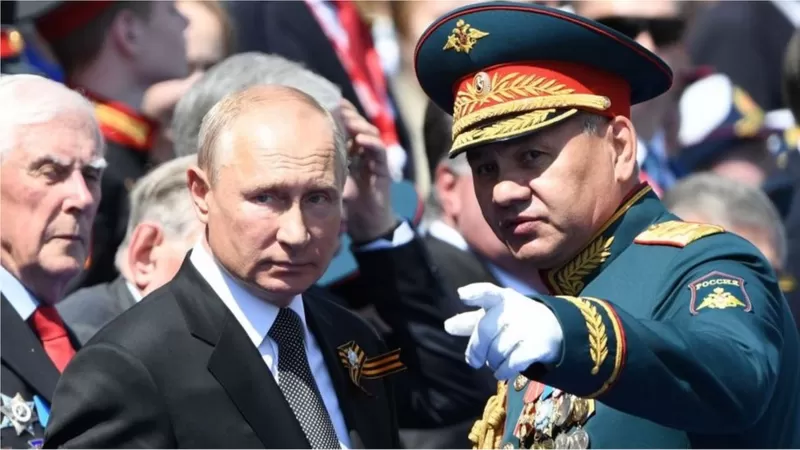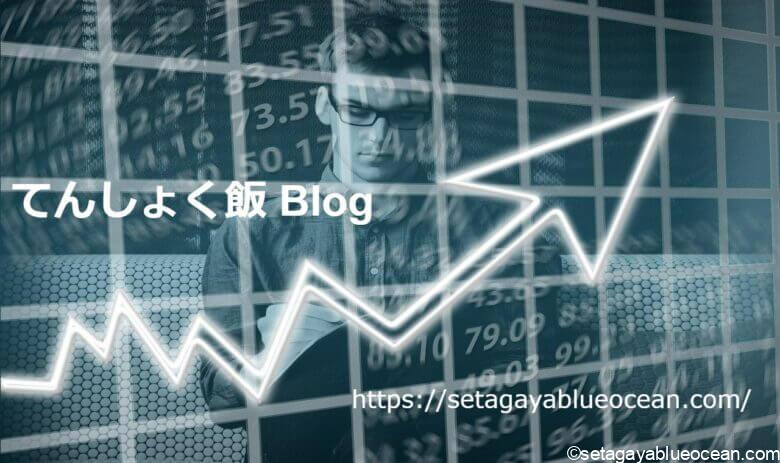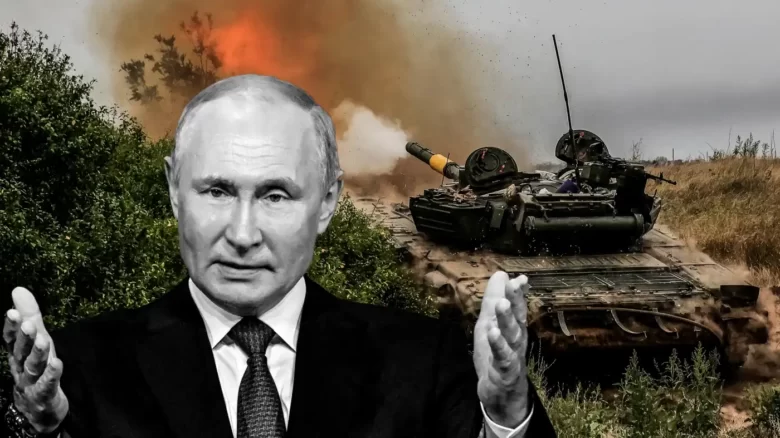Even President Vladimir Putin’s staunchest supporters have recently begun to admit defeat over Russia’s aggression in Ukraine.
A Russian academic well versed in Russia’s domestic situation recently published this urgent report in the discourse of a major U.S. research institute.

As a result, Putin may be isolated at home, or he may even despair of the war in Ukraine, a dangerous development. The war in Ukraine seems to have reached a critical juncture.
A Change in Perceptions among President Putin’s Aides
In October, Tatyana Stanovaya, a Carnegie Endowment for International Peace fellow and a prominent Russian scholar, published an article on the foundation’s website titled “Russian Elites Begin to Recognize the Possibility of Defeat.
Stanovaya is a political scientist who was born in Russia, received higher education in the country, and has continued her academic work in France and the United States. He has served as the head of the Moscow chapter of the Carnegie Endowment for International Peace, and in France he founded a research institute specializing in Russian political analysis. He is trusted in the U.S. and Europe as a scholar who is objective toward the Putin administration despite his Russian nationality.
In June 2022, Stanovaya published an article titled “What the West Still Misperceives about Putin” in Foreign Policy, a major U.S. diplomatic journal. Based on his position as a longtime observer of Russian politics and a follower of developments in Russia since the beginning of the war in Ukraine, Stanovaya pointed out that the theory of regime instability that had been whispered in the Western camp, that Putin was afraid of anti-war movements in Russia, was wrong.
However, four months have passed since then, and even among the Russian elite who have supported President Putin, there is a growing awareness that Russia is suffering a defeat in Ukraine. The change in the perceptions of Putin’s inner circle during this four-month period is significant. It could be said to indicate that President Putin is in such a difficult position that he has been cornered to that extent.
Doubts about “victory” after seeing Russian forces struggle
The main points of the Stanovaya article are as follows. :
The elite class within Russia, which has been a firm supporter of President Putin, was initially concerned and uneasy about his attack on Ukraine, but did not waver in their support for the president’s action itself. At the root of this was the belief that the U.S. and Western European countries were working to weaken Russia by viewing it as an enemy, and that they supported Putin’s policies and remained loyal to the president.
However, around September, there began to be a significant change in the perception of this elite group. This was caused by the humiliating withdrawal of Russian troops from the eastern Ukrainian province of Kharkiv, the partial mobilization of the Russian public for military service in Russia and the fear of a possible full-scale mobilization in the near future, and the bitter fighting of Russian troops in various parts of Ukraine. These factors began to create doubts among the elite about “winning” the war in Ukraine, even while maintaining support for Putin, and about the Russian state resources that would have to be deployed to do so.
Doubts also began to emerge among the elites about Putin’s suggestion of using tactical nuclear weapons. Initially, the majority of the elite class was of the opinion that the use of tactical nuclear weapons was unavoidable in order to achieve victory in Ukraine. However, the subsequent fierce opposition from the U.S. and Europe, as well as the difficulties faced by the Russian military in Ukraine, led to concerns that the use of nuclear weapons might impose a catastrophic burden on Russia.
Subtle but important differences have also surfaced between President Putin and his inner circle of elites regarding the ultimate objective of the fight in Ukraine. While Vladimir Putin has advocated military control of Ukraine as an essential objective for Russia’s current national survival, the elite’s sympathy for this basic principle has wavered. There is a growing consensus among the elite that the sacrifices Russia would have to make to bring Ukraine to its knees would be too great, and that only partial control of the country should be the ultimate goal.
In the future, Russia is expected to suffer from the tightening of restrictions on the population and social unrest that would accompany a full-scale military mobilization, a further deterioration of the Russian economy due to tighter sanctions by other countries, and impoverishment of the people’s livelihoods. In this context, the sentiment of the general public, which expects President Putin to explain to what extent and with what endurance he will be able to see the “light at the end of the tunnel,” has spilled over to the elite class. As a result, in the worst case scenario, the isolation of President Putin or the use of nuclear weapons in despair over the war situation cannot be ruled out, even if the possibility is small.
Stanovaya stated the above in his paper. He also said that the situation in Russia, especially around President Putin, is based on information he obtained directly from inside Russia.
Stanovaya emphasized the point that the elite class that has been a staunch supporter of President Putin has not stopped supporting him, but he also conveyed the latest subtle tremors within that support base. This report may foreshadow a turning point in Russia’s war effort in Ukraine.


コメント